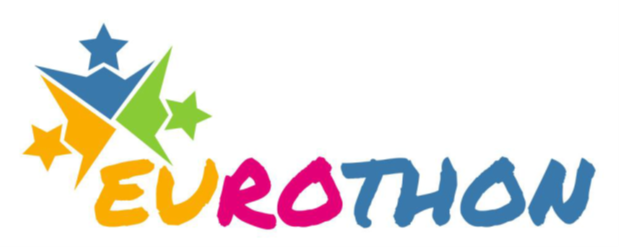Glossary
Stereotype: It is a widely held belief that influence in a negative way the perception and thoughts on the basis of sex, gender identity, race and ethnicity, nationality, age, socioeconomic status, and language.
Humour: It is the tendency of experiences to provoke laughter and provide amusement. It is perceived differently depending on the culture and manifests itself differently.
Paradigm: It is a way of thinking that is commonly carried out in a group of people or society. It is a logical perception, and model of how belongings work in the world.
Ethics: The discipline concerned with what is morally good and bad and morally right and wrong.
Democracy: It is a form of government in which the people have the authority to deliberate, vote in elections, take actions, and make decisions.
Culture shock: It refers to feelings of uncertainty, confusion, or anxiety that people may experience when moving to a new country, experiencing a new culture, and being in an unfamiliar environment.
Citizenship: It refers to the legal rights and duties of individuals attached to nationality under domestic law. It is a relationship between an individual and a state to which the individual is entitled to its protection.
Objectivism: It is the philosophy of rational individualism and holds that there is no greater moral goal than achieving one’s happiness.
Consequentialism: It is an ethical theory that judges whether something is right by what its consequences are.
Virtue ethics: It deals with the rightness or wrongness of individual actions. It is person rather than action based: it looks at the virtue or moral character of the person carrying out an action, rather than at ethical duties and rules.

